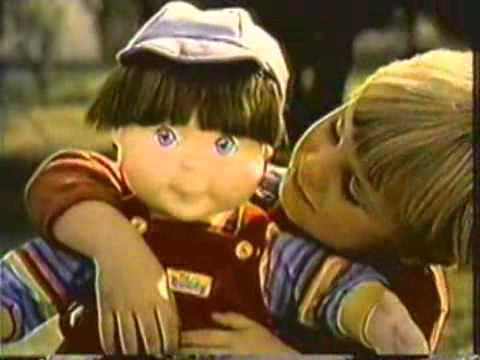Kids Who Play With Dolls Have A Better Emotional Intelligence, Says Study!

A team of neuroscientists at Cardiff University have been studying the short and long-term developmental impact of doll play for years and here’s what they found.
In the study’s second year, researchers investigated the importance of what kids said while they play, and found children use increased language about others’ thoughts and emotions when roleplaying alone with dolls.
This is a concept known as internal state language (ISL), and in doing this, children can practice social skills they can utilize when interacting with people in the real world and can also be potentially beneficial to children’s overall emotional development.
This study was conducted in partnership with Barbie!
The study found that when kids play with dolls, it can help build vital social skills like empathy…
This can have positive long-lasting effects on children, such as driving higher rates of social and emotional processing and building social skills like empathy that can become internalized to build and form lifelong habits.
Internal state language can indicate that a child is thinking about other people's thoughts and emotions while playing with dolls.
“These skills are really important for interacting with other people, learning from other people, and navigating a variety of social situations, say researchers.
Related: Most Kids Only Use A Maximum Of 20 Toys...
PARENTING
According to a global survey of 15,000 moms and dads of three- to 10-year-olds, 91 percent ranked empathy as a key social skill they’d like their youngsters to have.
Yet just 26 percent were aware that doll play can help their child develop these crucial attributes.
Although six in 10 reported their little one’s social-emotional development had been negatively impacted by the pandemic.
Beat FOMO by being in the know!
Sign up for our newsletter today and never miss a beat.







